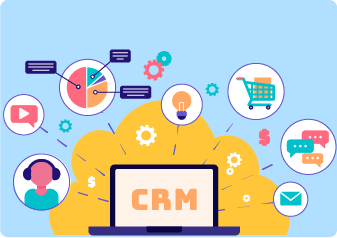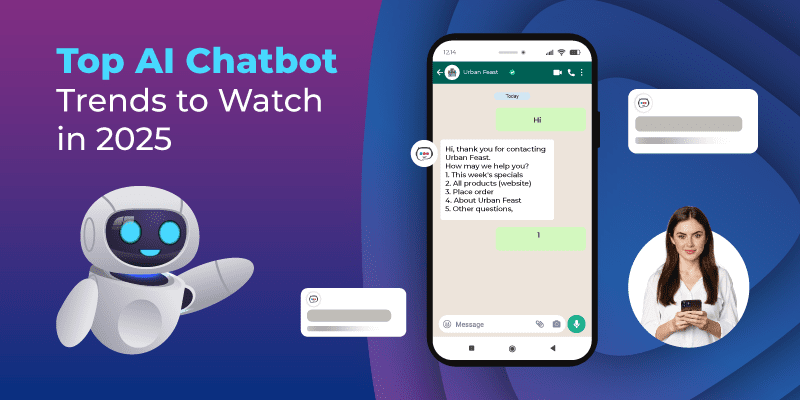As we look ahead to 2023, the cloud-based contact centre as a service (CCaaS) industry is poised for significant growth and innovation. However, as with any rapidly evolving field, there are bound to be challenges that need to be addressed. In this blog post, we’ll explore five of the biggest challenges facing CCaaS in the coming year and provide examples of how these challenges can be addressed.

Scalability:
One of the biggest challenges facing CCaaS providers is the ability to scale their services to meet the needs of a rapidly growing customer base. As more and more businesses turn to the cloud for their contact centre needs, CCaaS providers will need to ensure that they have the infrastructure and resources in place to handle the increased demand. For example, CCaaS providers can invest in scalable infrastructure, such as cloud-based servers and scalable storage solutions, to ensure that their services can handle the increased traffic.

Security:
Another major challenge facing CCaaS providers is the need to ensure the security of customer data and communications. With the increasing use of cloud-based services, there is a growing risk of data breaches and other security threats. CCaaS providers will need to invest in robust security measures to protect customer data and communications. For example, CCaaS providers can implement encryption for data in transit and at rest, use multi-factor authentication, and regularly run security audits and penetration testing to detect and fix vulnerabilities.

Integration:
As more businesses adopt CCaaS, they will also need to integrate it with other systems and tools in order to achieve the full range of benefits. This includes integrating with CRM systems, marketing automation tools, and other contact centre systems. CCaaS providers will need to provide robust APIs and other integration options to make this possible. For example, CCaaS providers can offer pre-built integrations with popular CRM systems like Salesforce, Zendesk, and Hubspot and provide open APIs that allow customers to build their own integrations.

Compliance:
As businesses continue to adopt CCaaS, they must also ensure compliance with various legal and regulatory requirements. This includes data protection regulations, such as GDPR, as well as industry-specific regulations, such as HIPAA, for healthcare organizations. CCaaS providers must ensure that their services comply with these regulations. For example, CCaaS providers can perform regular compliance audits, provide customers with detailed information about their compliance status, and offer features like data deletion and retention policies that help customers comply with regulations.

Artificial Intelligence and Machine Learning:
As AI and Machine Learning technology has grown, CCaaS providers will need to invest in these technologies to stay competitive. This includes incorporating AI-powered features like automation and self-service into their offerings and using machine learning to improve customer experience and agent performance. For example, CCaaS providers can offer AI-powered chatbots to handle common customer queries, use machine learning algorithms to analyze customer interactions and provide personalized recommendations to agents, and use natural language processing to transcribe and analyze customer interactions to gain insights on customer sentiment and behaviour.
These are just a few of the challenges facing CCaaS providers in 2023. By addressing these challenges head-on, CCaaS providers can continue to innovate and grow in the coming year while also providing their customers with the high-quality services they need to succeed. Companies need to stay ahead of the game and be prepared to meet the challenges that come with the industry.






